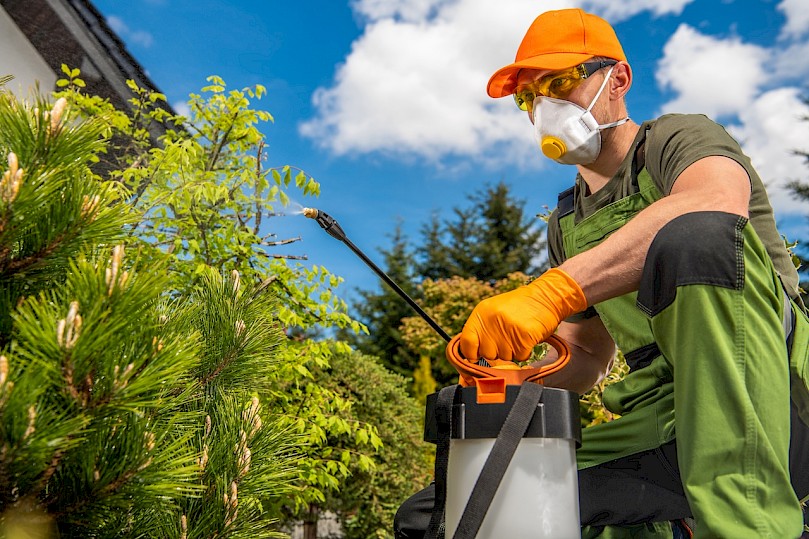I'm busy, detail oriented, cost conscious and highly selective as to whom works in and/or around my home. This is a service based company that actually provides superior service. Don't waste anymore time... call them. ~ a satisfied customer for three years.
Natural Alternatives to Chemical Herbicides: Do They Really Work?

Weeds aren’t just an eyesore —they rob your plants of water, nutrients, and sunlight, and can quickly take over any outdoor space.
In recent years, more people have turned toward “natural” weed control, hoping to steer clear of the potential hazards of chemical herbicides.
Some natural options can play a role in keeping weeds in check, but they often demand persistence, careful application, and the right conditions to see results. Without those, the weeds you’re trying to fight may bounce back even stronger.
Why People Consider Natural Herbicides
The appeal of natural herbicides often comes from a desire to avoid chemical residues, safeguard pollinators, and keep soil life thriving. Many also see them as a way to match their gardening habits with a broader commitment to sustainability and environmental responsibility.
However, natural doesn’t always mean risk-free. These products can be slow to work, require repeated applications, and—if used incorrectly—damage the very plants you want to protect. In some cases, they may still disrupt soil balance and affect wildlife.
Popular Natural Herbicide Options
For gardeners leaning toward gentler solutions, several natural weed-control approaches have become common:
-
Vinegar-based sprays – Simple to make and effective on small, young weeds.
-
Salt or baking soda mixes – Used in tight spaces like patio cracks or pathways.
-
Corn gluten meal – Serves as a natural pre-emergent to hinder seed germination.
-
Plant-derived oils (such as clove or citrus) – Burn leaf tissue and slow weed growth.
While these align with the goal of avoiding synthetic chemicals, their performance can be limited. Most are best suited for young weeds and require more than one treatment.
Applying them correctly—and knowing where to avoid them—is essential to protect nearby plants and soil health.

Effectiveness vs. Professional Solutions
Natural herbicides can work well for small-scale or early-stage weeds, but results can be inconsistent. Their success depends heavily on weed type, growth stage, weather conditions, and timing.
They’re often less practical for deep-rooted or widespread infestations, as they may need multiple applications and more hands-on upkeep.
Professional weed control, in contrast, combines targeted treatments with the right tools and techniques to get faster, longer-lasting results.
While natural products appeal to those avoiding synthetics, professional strategies often deliver more predictable success—especially for stubborn or large-scale problems.
When to Call a Professional
Natural approaches are fine for mild weed issues, but if weeds keep coming back, spread over large areas, or involve invasive species, it’s time to get expert help.
Stubborn plants with extensive roots often require specialized products and methods that go beyond what natural remedies can handle.
A professional can quickly identify the issue, select the safest and most effective treatment, and set up a prevention plan. This saves you time, stress, and the higher cost of repeatedly tackling the same problem.
Conclusion
Natural herbicides can be a valuable part of an eco-conscious gardening plan, but they have clear limits—particularly with persistent or large-scale weed challenges. The key is understanding where they fit best and when they fall short.
Sometimes, blending natural solutions with targeted professional intervention strikes the right balance between protecting the environment and keeping your outdoor spaces weed-free.
